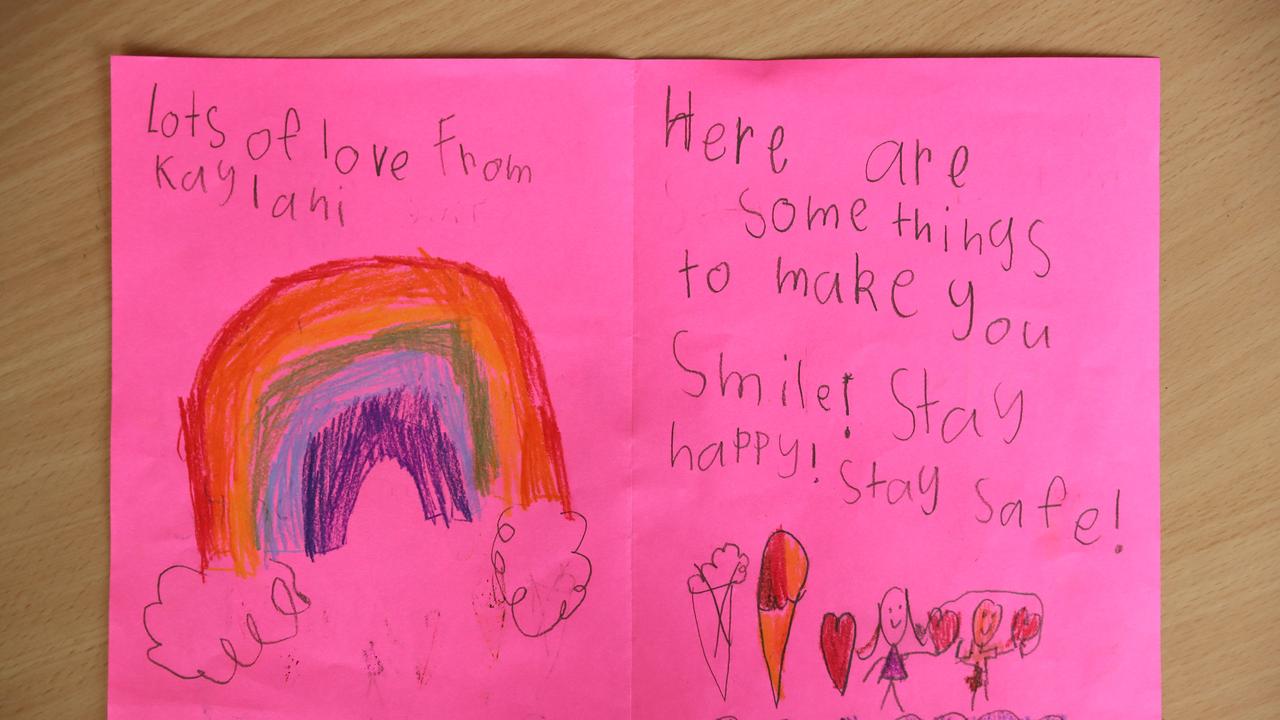The Google effect: Harvard scientists explain how the internet is rotting your memory
WHAT do you do when you can't remember something? Google it, right? The search engine is destroying our memories, but here are some tips to get it back.

STOP us if any of these sound familiar.
You can't remember who sings a certain song from the 90s. You Google it.
You're arguing with a mate about who played Mikey in The Goonies. You settle the dispute by Googling it.
You don't know the way to that new restaurant. You Google Maps it.
We hold the answers to just about all of life's questions in our palms today. But that means our brains are feeling free to take some R & R.
According to the Daily Mail, our growing reliance on the world wide web for fact checking is rotting our memories.
Scientists at Harvard University found people now view Google and other search engines as an extension of their own intelligence, rather than a separate tool.

Writing in the journal Scientific American, Harvard psychologists Daniel Wegner and Adrian Ward warn that people who believe their memorable facts are saved online are much worse at remembering them.
"Our work suggests that we treat the internet much like a human transactive memory partner [a person we share personal details with]. We off-load memories to 'the cloud' just as readily as we would to a family member, friend or lover," the pair wrote.
"The internet, in another sense, is also unlike a human transactive memory partner; it knows more and can produce this information more quickly. Almost all information today is readily available through a quick internet search. It may be that the internet is taking the place not just of other people as external sources of memory but also of our own cognitive faculties."
"The internet may not only eliminate the need for a partner with whom to share information - it may also undermine the impulse to ensure that some important, just learned facts get inscribed into our biological memory banks. We call this the Google effect."

In a series of tests, researchers found that participants were more likely to recall information if they believed it had been erased.
Those who thought it was stored on a computer were more forgetful, even if they were explicitly asked to keep the information in mind.
Feel like you're losing grip of your memory? Here are five tried and tested tips to improve it.
1. Don't skimp on exercise or sleep. They are both crucial to proper brain function.
2. Meaningful relationships boost your memory. A separate study by Harvard found that people with the most active social lives had the slowest rate of memory deterioration.
3. Play the card game Memory. Your memory is like your biceps: exercise will help it grow.
4. Try this exercise from Forbes.com over a four-week period.
"When you are ready to go to sleep, go over what you did that day from the time you got up until you get into bed. Start with the time you awoke, got out of bed, follow your entire day step by step until the time you went back to bed.
"Try to recall as much detail as possible, visualising in your mind each and every step from beginning to end. In the beginning, you probably wont remember much detail, and you'll probably move rapidly from task to task or think of the day in large periods of time.
"However, try to slow down and remember as much as you can to take in as much detail as you can. With time and practice, you will notice significant improvement in your recall of events and details throughout the day."
5. Make associations. When you meet someone new, associate their name with a physical feature or personality trait to help you remember it next time you meet.
How do you improve your memory? Continue the conversation on Twitter @newscomauHQ



